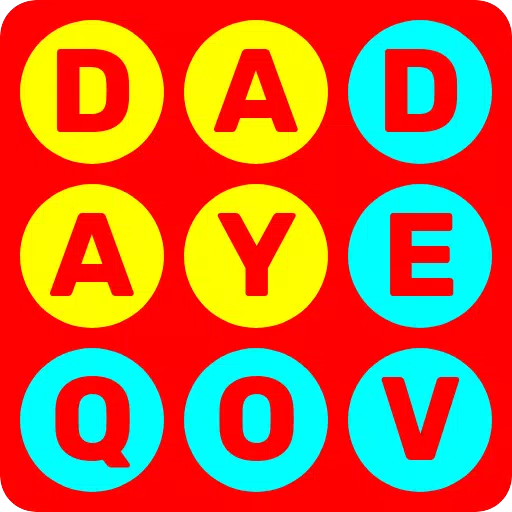Microsoft's Quake 2 AI Prototype Sparks Debate Online
Microsoft's recent venture into AI-generated gaming has stirred significant controversy with the release of an interactive demo inspired by Quake II. Utilizing their newly unveiled Muse and World and Human Action Model (WHAM) AI systems, Microsoft has crafted a demo that dynamically generates visuals and simulates player behavior in real-time, without the need for a traditional game engine.
The demo, which aims to replicate the experience of playing Quake II, allows users to influence gameplay sequences through their inputs. Microsoft describes this as a groundbreaking approach to game interaction, showcasing the potential of AI in creating immersive and responsive gaming environments. The demo is accessible via a browser, allowing players to experience AI-generated gameplay firsthand.
Despite the technological promise, the demo has received a largely negative reception from the gaming community. After Geoff Keighley shared a video of the demo on social media, the response was overwhelmingly critical. Many gamers expressed concerns over the future of the industry, fearing that AI-generated content might replace human creativity and lead to a decline in game quality. Comments on platforms like Reddit highlighted fears of an industry shift towards cost-effective AI solutions at the expense of the human element that makes games engaging.
Critics pointed out technical shortcomings in the demo, such as the inability to smoothly navigate the environment, which further fueled skepticism about AI's readiness to revolutionize gaming. Some users even suggested that traditional imagination offered a more satisfying experience than the demo.
However, not all feedback was negative. Some commentators acknowledged the demo's value as a proof of concept, suggesting that while it may not be ready for full game development, it showcases significant advancements in AI technology. They see it as a tool that could be useful in the early stages of game concept and pitching, potentially driving further innovation in AI applications.
The debate around this demo reflects broader concerns within the gaming and entertainment industries about the role of generative AI. Recent layoffs and the use of AI in game development, as seen with companies like Activision and Keywords Studios, have intensified discussions about the ethical and practical implications of AI in creative processes. High-profile instances, such as the backlash to AI-generated content in games like Call of Duty: Black Ops 6 and the controversy surrounding AI-generated videos of popular characters, highlight the ongoing tension between technological innovation and the preservation of human creativity in the arts.
In response to the demo, Epic Games' Tim Sweeney offered a succinct critique, reflecting the mixed feelings within the industry about AI's potential and pitfalls. As the conversation continues, the gaming community remains divided on whether AI will enhance or undermine the future of gaming.
Latest Articles















![Roblox Forsaken Characters Tier List [UPDATED] (2025)](https://ima.hhn6.com/uploads/18/17380116246797f3e8a8a39.jpg)















